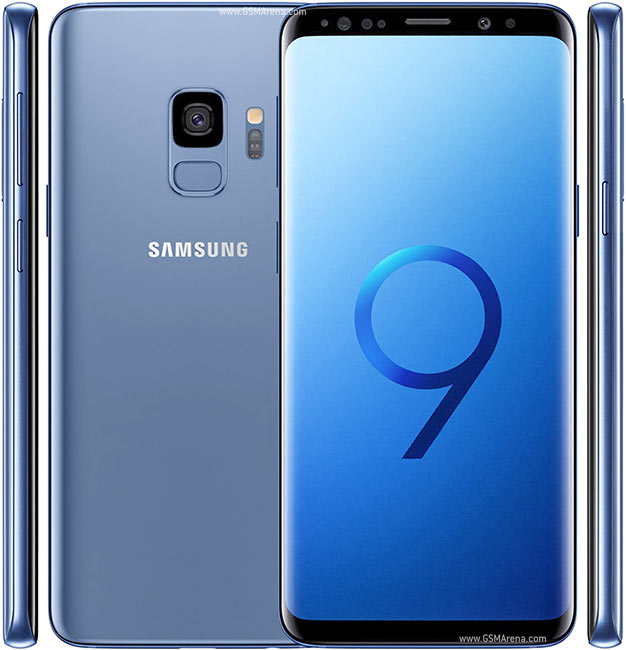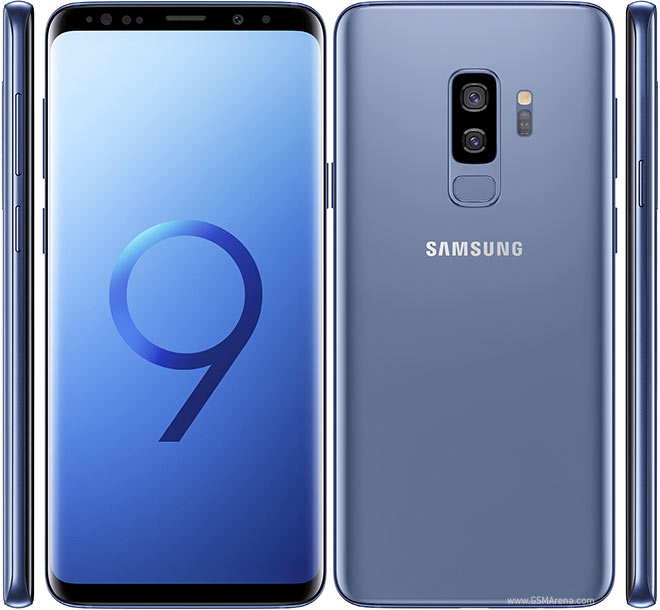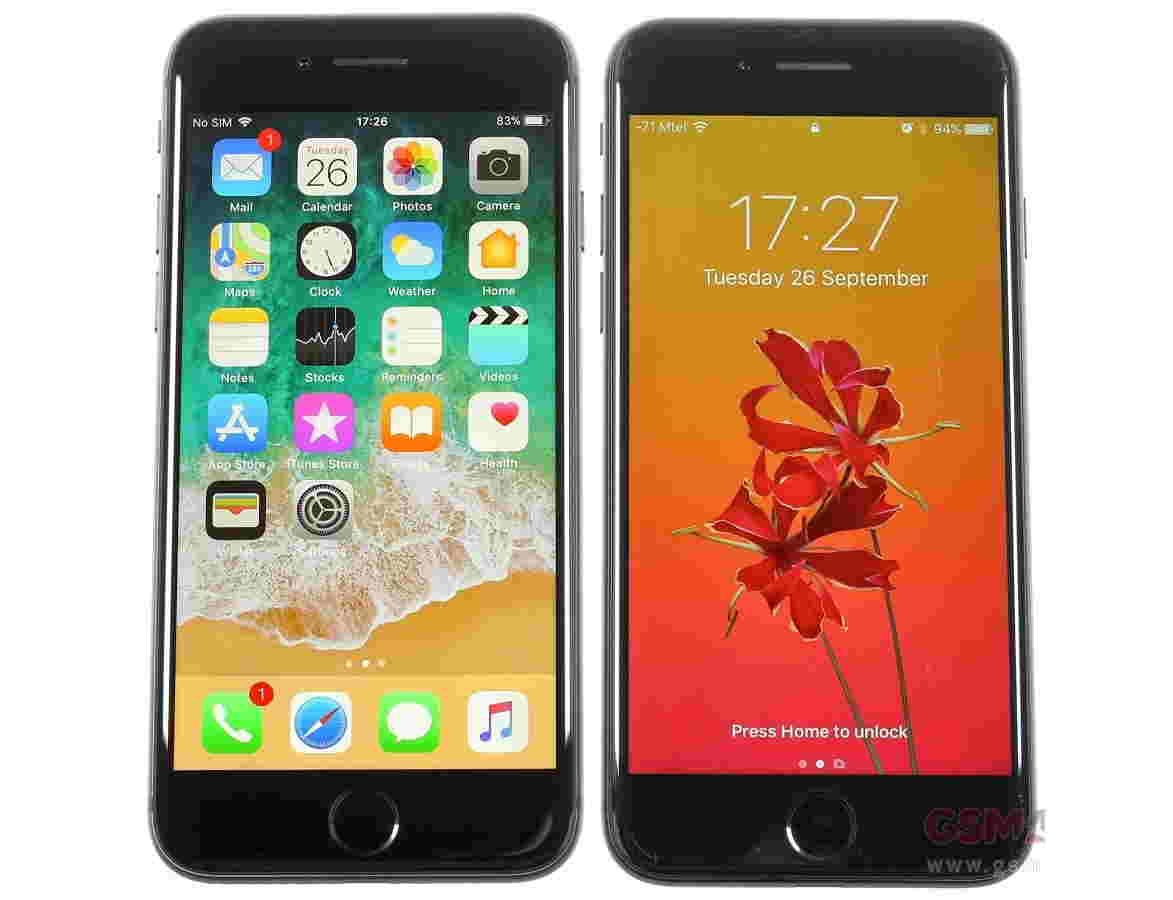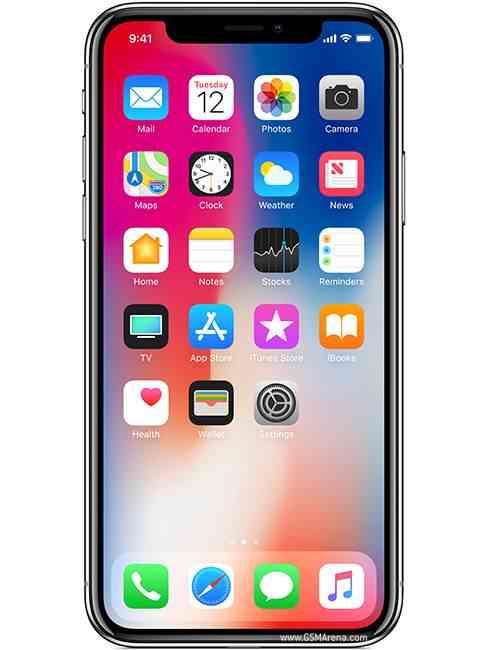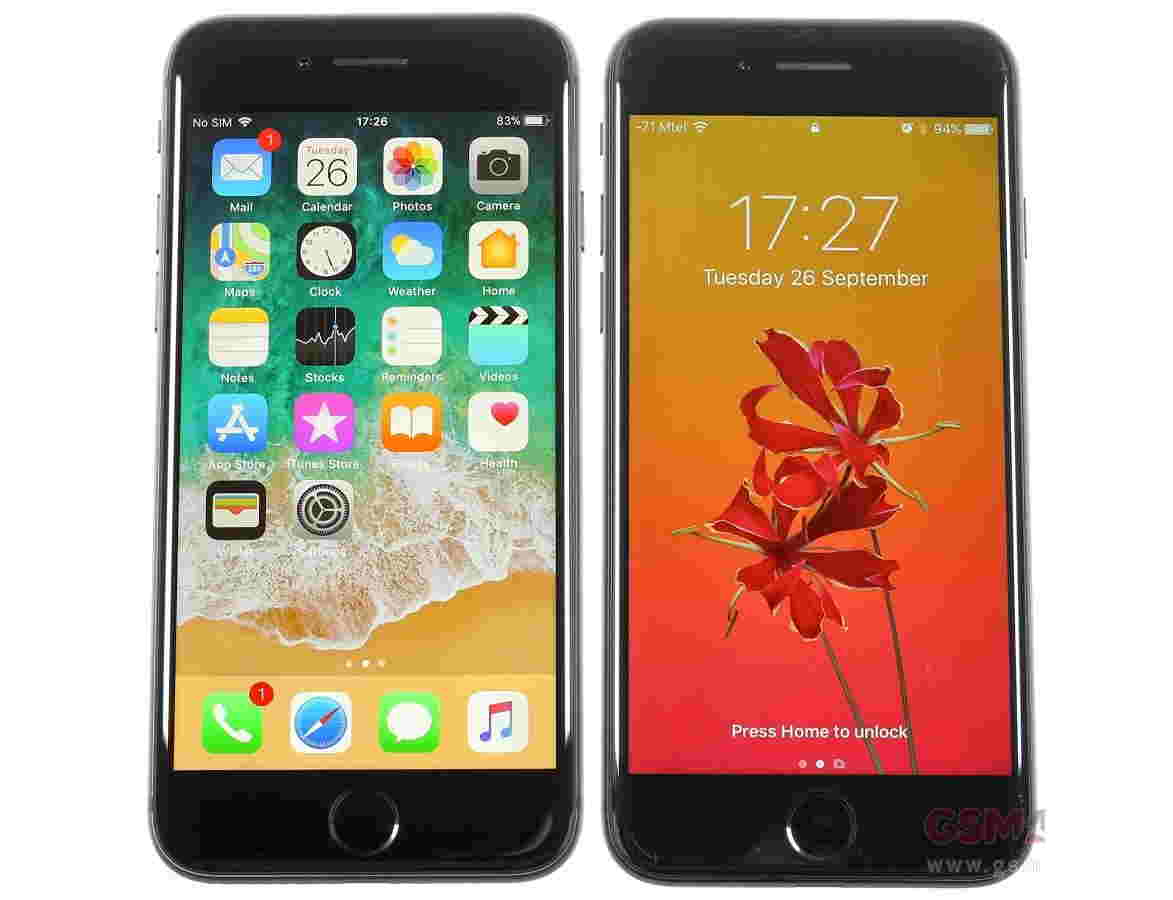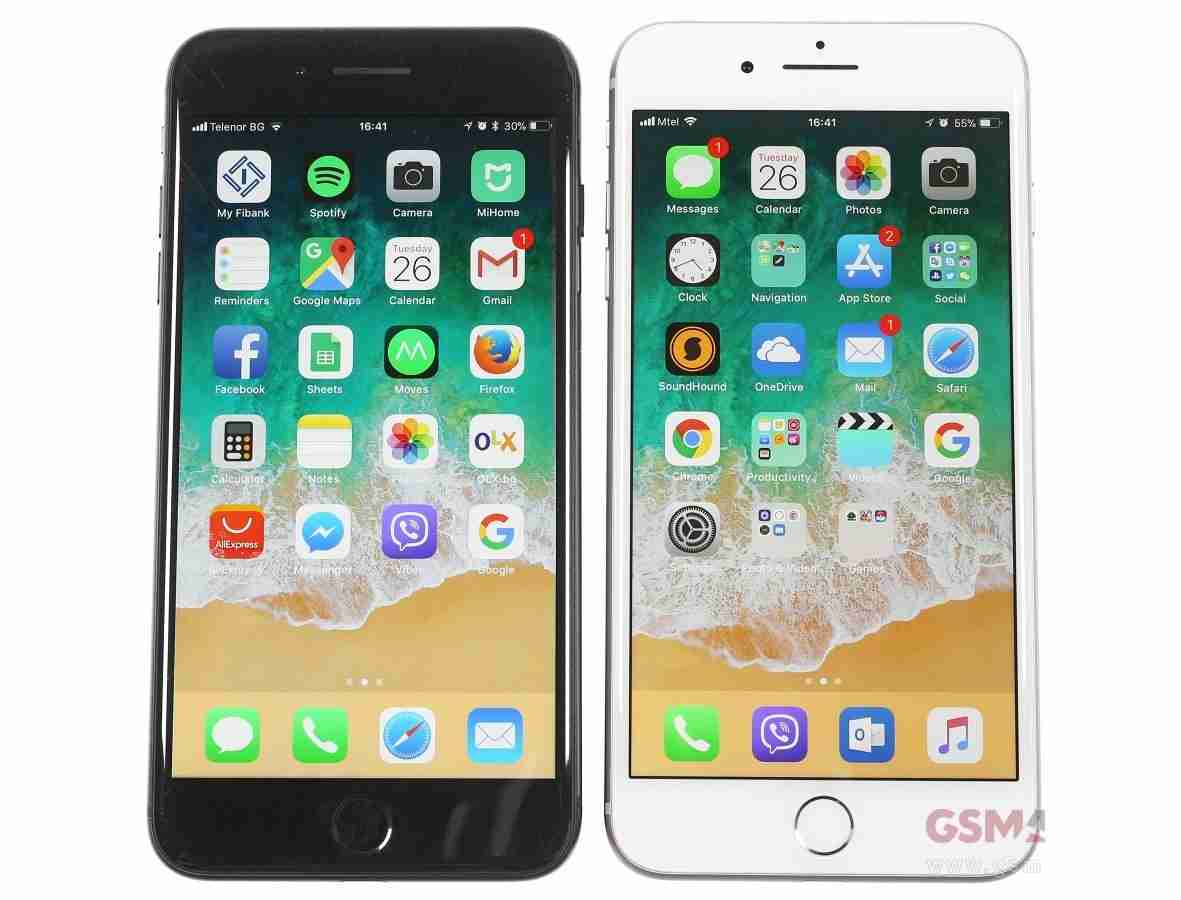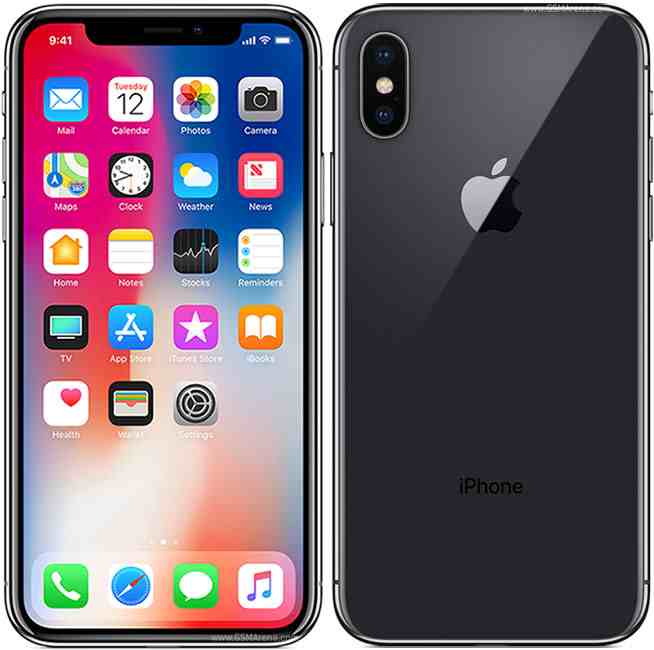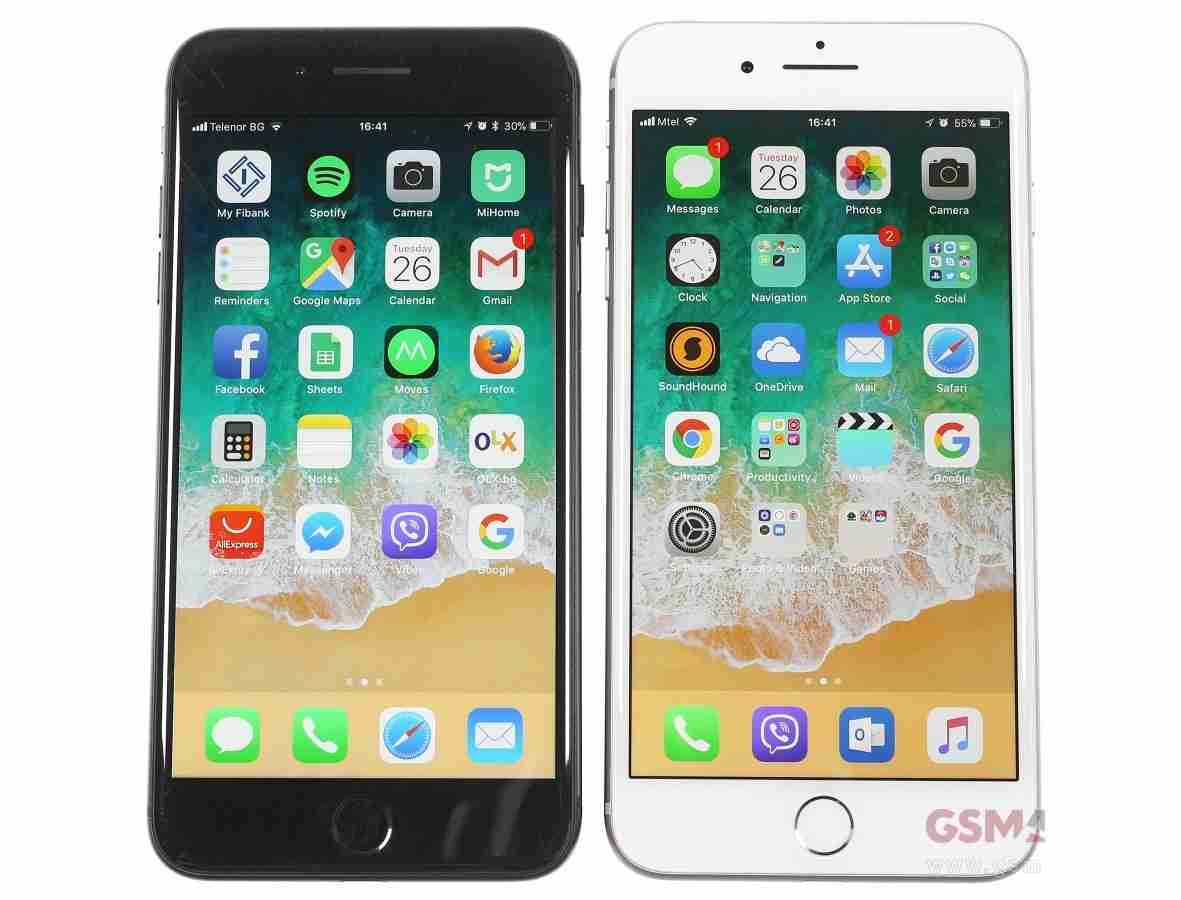
Pretty much since the modern smartphone debuted ten years ago, iPhones have always beat Android devices in real-world usage tests.
These are tests that measure how quickly a phone operates when doing common things like opening large files, playing HD videos, playing graphics-intensive games, and doing less processor intensive stuff like sending emails, texts, and multitasking.
But looking at the specs of an iPhone compared to an Android phone you wouldn’t think this would be the case. Today’s average Android phone has 4GB–6GB of RAM, while the average iPhone has only 2GB.
More RAM equals a quicker device, right? Well, if everything else is equal, that’s pretty much true. But the reason why Apple could always do more with less is that it designs its own processors–the A series of chips–and it ALSO designs the operating system.
And this is what Apple has built its iPhone business around: do more with less. This keeps component costs nice and low and allows the company to make MASSIVE margins on pretty much everything it releases.
The company’s iPhones pack in plenty of power and they do it with lesser specs than you’d find inside an Android phone. Case in point: Apple’s iPhones – notably the none-Plus versions – have more in common with mid-range Android phones than phones like the Galaxy S8.
And yet, Apple’s iPhones consistently outperform the competition where it counts – power management, efficiency, and software parity.
No Android phone maker can claim to design both the CPU and operating system. This advantage of making both the CPU and OS gives Apple the ability to refine both to work as efficiently as possible together–thus reaching performance speeds other Android handsets could only dream of.
Yet earlier this year, there was much hullabaloo when an Android device DID finally outperform Apple’s latest flagship, the iPhone 7 Plus. In side-by-side (though unscientific) tests, the OnePlus 5 with its massive 8GB of RAM “narrowly beat” the iPhone 7 Plus. You can check out the test in the video below.
So that settles things then, right? Just add more RAM and an Android CAN beat an iPhone, right? Well, not so fast. While it’s true that OnePlus 5 did “narrowly” beat the iPhone 7 Plus, the OnePlus 5 is using 2017 tech and specs, while the iPhone 7 Plus still has 2016 hardware–namely the A10 CPU.
So while for now Android fans can claim there is officially and Android that is faster in real-world tests than the iPhone 7 Plus, they shouldn’t get too comfortable. That’s because in early September Apple is expected to unveil its 2017 flagship, the iPhone 8.
In addition to a host of new features including a bezel less screen, a 3D camera, and facial recognition, the iPhone 8 will also include Apple’s new, next generation CPU, the Apple A11 chipset–and its speed is said to be mindblowing. A leaker by the name of “Ice Universe” has posted purported Apple A11 Geekbench 4 test results which show the iPhone 8’s A11 scored between 4300 and 4600 in single core testing, and between 7000 and 8500 in multi-core tests.
The single core test results of 4300 and 4600 even blow away the advanced A10X Fusion chip found in the latest iPad Pro (with a score of 3878) and the A11’s multi-core results of 7000 and 8500 destroy the 5523 multi-core result of the A10 Fusion chip found in the latest iPhone 7 Plus.
Apple A11 Geekbench4,:4600,8500 and 4300,7000,This is two different clock frequencies, and the final result may be between the two
— Ice universe (@UniverseIce) July 27, 2017
But what should really have Android fanboys worried is how the A11 stacks up against current Android chip leaders:
- Apple iPhone 8 A11 single-core results: 4300 and 4600
- Apple iPhone 8 A11 multi-core results: 7000 and 8500Samsung Galaxy S8 Samsung Exynos 8895 single-core results: 1966
- Samsung Galaxy S8 Samsung Exynos 8895 single-core results: 1966
- Samsung Galaxy S8 Samsung Exynos 8895 multi-core results: 6502
And keep in mind, the Samsung Exynos 8895 chipset is the current leader among CPU’s found in Android phones. So it looks like come September, Apple is once again going to school Android handsets in what being a “speedy phone” actually means.




